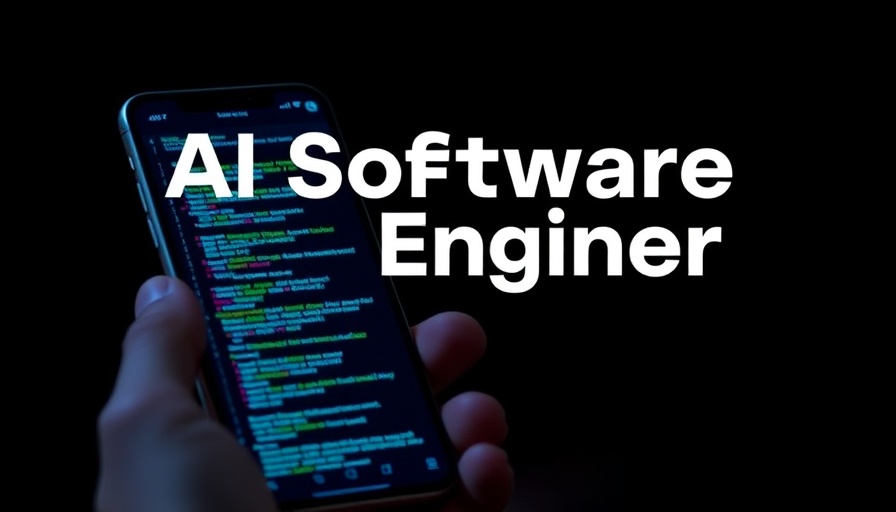
The Rise of Devin: The Next Generation of AI Software Engineers
In recent years, we’ve witnessed groundbreaking advancements in artificial intelligence, particularly within the realms of coding and software engineering. Enter Devin, the world’s first autonomous AI software engineer, developed by Cognition Labs. Unlike traditional AI tools, which often focus on assisting with code completion, Devin operates independently, equipped with essential tools ranging from an integrated code editor to a full internet browser, capable of executing software engineering tasks from start to finish.
In Devin 2.0: First-Ever AI Software Engineer IS TRULY INSANE!, we delve into groundbreaking advancements in AI-driven software engineering tools, exploring key insights that sparked deeper analysis on our end.
Autonomy Meets Intelligence
One of the remarkable aspects of Devin is its capability to engage with users while autonomously managing complex tasks. Users can chat with Devin, provide feedback, and even ask it to debug code sections all within a seamless workflow. Devon is now evolving to be more reliable and proficient, with multiple agents that can operate simultaneously on different tasks, an advantage for both individual developers and teams in high-pressure environments.
Innovative Features at Your Fingertips
Devin not only excels in coding but also integrates effectively with popular collaboration tools like GitHub, Slack, and Linear, making it an ideal fit for modern software development teams. The introduction of new features like 'Ask Devin' allows developers to receive precise insights about their codebases, transforming them into resources akin to an entire documentation team. This capability enhances productivity and reduces the burdens historically associated with managing software projects.
The Future of AI in Software Development
As AI technology continues to advance, the question arises: How can businesses leverage AI tools like Devin to improve efficiency? The shift towards automation in software development signifies the dawn of a new era where AI facilitates more streamlined business operations, enabling teams to focus on high-level strategy and creativity. The implications are profound—significantly reducing time spent on routine tasks and improving accuracy in coding while fostering innovation.
Challenges Ahead: Ethical Considerations
However, with these advancements come challenges. We must consider the ethical use of AI, ensuring that innovations enhance productivity without compromising human skills or leading to potential job displacement. Businesses must firmly grasp the impact AI has on their teams and operations, using it to enhance rather than replace human capabilities. Striking the right balance between automation and ethical governance will be key as we navigate this evolving landscape.
Devin represents not just a tool but an integral partner in transforming how software engineers work. With software advancing at such a rapid pace, will companies who embrace AI-powered solutions emerge as the leaders of tomorrow? There’s only one way to find out—stay informed and adapt to these changes to harness the full potential of AI in your projects.
 Add Row
Add Row  Add
Add 




Write A Comment